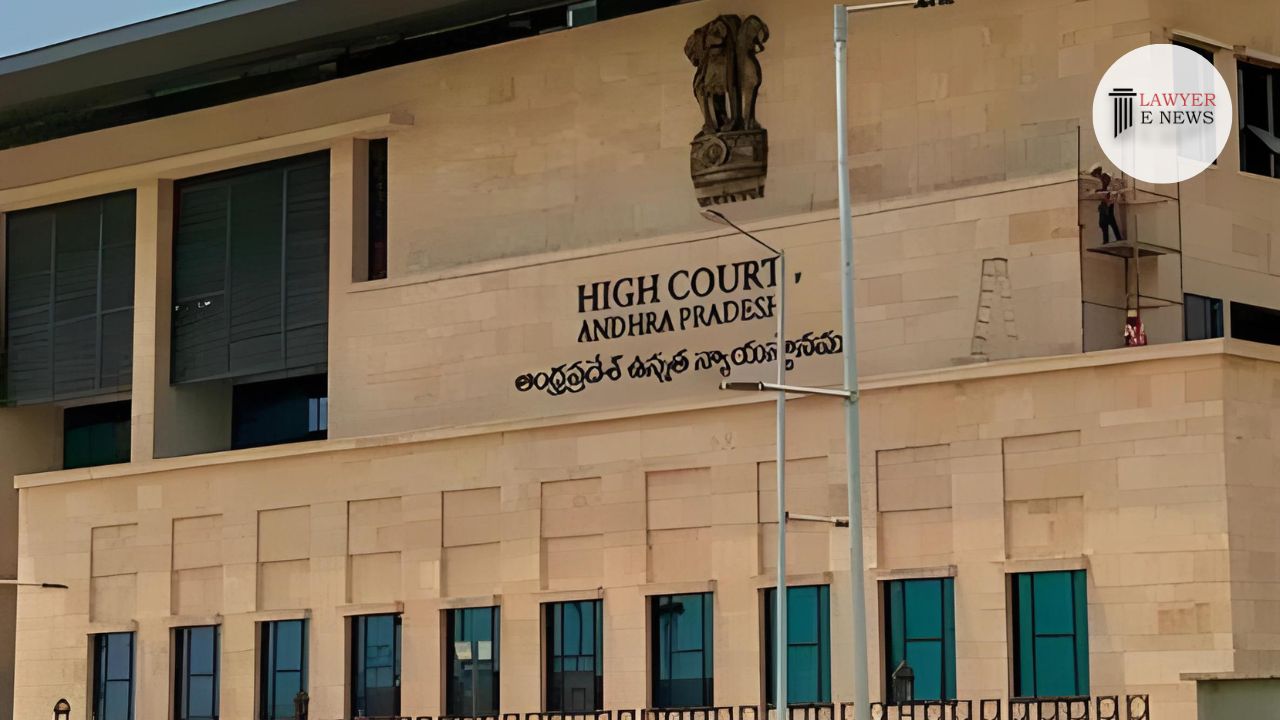-
by Admin
15 February 2026 5:35 AM



Andhra Pradesh High Court dismisses APSPDCL's appeal, emphasizing the duty of care in electrical safety maintenance . The High Court of Andhra Pradesh has upheld a lower court’s judgment awarding damages to a minor who suffered severe injuries due to electrocution. The court rejected the appeal filed by the Andhra Pradesh State Electricity Board (APSPDCL), confirming the decision of the Principal Senior Civil Judge, Kurnool. The judgment underscores the responsibility of public authorities in ensuring safety and responding promptly to accidents.
On June 9, 1999, the plaintiff, a minor, went to fetch water from a neighbor’s house due to a dry public tap. At the neighbor’s request, the plaintiff checked the overhead tank on the second floor. During this task, the plaintiff came into contact with a live electric wire, resulting in severe burns and a fall from the second floor to the first floor. He was immediately hospitalized and treated for burns on his hip, legs, and hands, leading to permanent disfigurement and disability.
The court emphasized the significance of immediate medical evidence. The victim was promptly admitted to the Burns Ward of the Government Hospital, Kurnool, where his injuries were documented. Exhibits including photographs of the injuries (Exs. A2 to A6) corroborated the plaintiff’s claims. “The consistency between the injuries reported and the plaintiff’s account supports the reliability of the evidence presented,” noted Justice Venuthurumalli Gopala Krishna Rao.
The court rejected APSPDCL’s defense that the minor’s injuries were due to non-compliance with building regulations by the third defendant (house owner). The court noted that APSPDCL failed to provide evidence of the alleged building violations. “Without substantive proof, the appellant’s claims of regulatory breaches by the third defendant hold no merit,” stated the judgment.
The judgment highlighted the principles of tort law concerning public utilities. The court held that APSPDCL was liable for the injuries caused by the electric lines, which were their responsibility to maintain safely. The plaintiff’s immediate hospitalization and consistent medical records were pivotal in establishing the case. “Public authorities must be vigilant in maintaining safety standards to prevent such incidents,” the court asserted.
Justice Rao remarked, “The plaintiff’s injuries are a direct consequence of the negligence in maintaining electrical safety. Public utilities must ensure their infrastructure does not pose risks to the community.”
The dismissal of the appeal reinforces the accountability of public authorities in safeguarding citizens from infrastructural hazards. By upholding the compensation, the judgment sends a strong message about the importance of immediate medical evidence and the responsibility of public utilities in preventing accidents. This decision is expected to influence future cases involving public safety and utility negligence, emphasizing the judiciary’s commitment to protecting citizens’ rights.
Date of Decision: July 29, 2024
APSPDCL v. Abdul Nasir and Others
